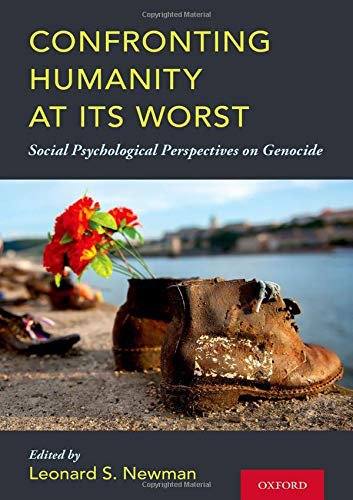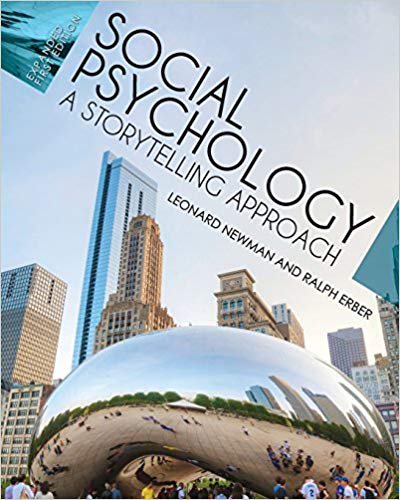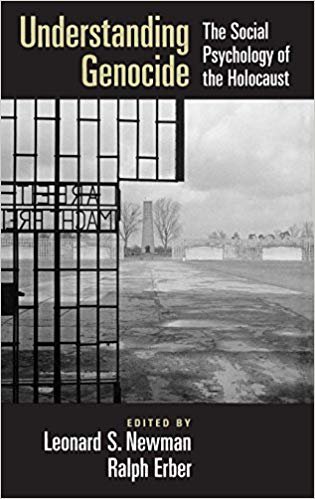
Leonard Newman
DEPARTMENTS
- Psychology
Professor, Associate Chair, Director of Undergraduate Studies, and Director of the Ph.D. Program in Social Psychology
CONTACT
-
488 Marley Educational Building
Email: lsnewman@syr.eduOffice: 315.443.4633
CV
Entries in the areas listed below (other than biography and books) are selections delimited to the last five years. Consult the faculty member’s biography, listed website(s) or CV for additional information.



